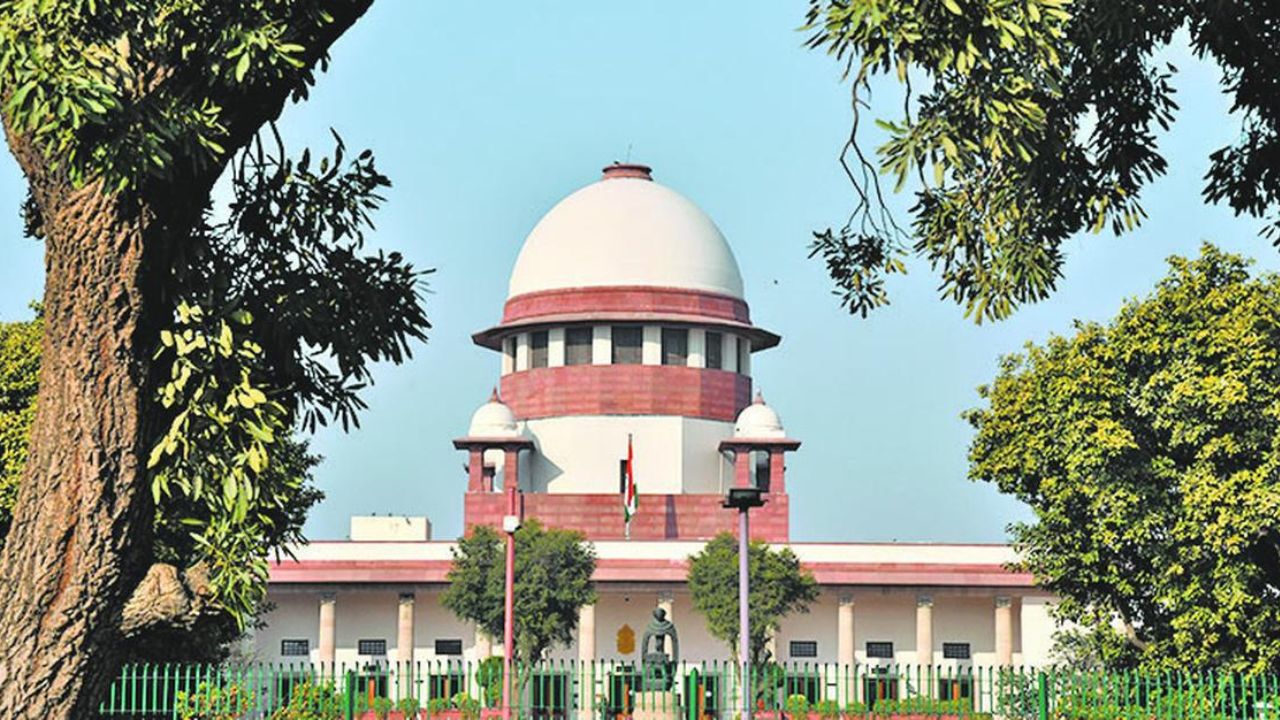 English
English

The Supreme Court said that while Parliament may have assumed that women would not own self-acquired property when they enacted the Hindu Succession Act, 1956, the Supreme Court cannot underestimate the progress women have made in recent decades.

Supreme Court
New Delhi: The Supreme Court took an important stance on disputes related to women's property. The court appealed to all women who have no sons, daughters, or husbands to make a will during their lifetime to avoid potential legal disputes between their parents and in-laws in the future.
Women's progress cannot be underestimated
The Supreme Court said that while Parliament may have assumed that women would not own self-acquired property when they enacted the Hindu Succession Act, 1956, the Supreme Court cannot underestimate the progress women have made in recent decades.
It is not fair that women's property should go solely to their husband's heirs
The Supreme Court said that due to the increase in education, employment, and entrepreneurship among women in the country, especially Hindu women, they now possess a significant amount of self-acquired property. The court remarked that if such a woman dies without a will, has no husband, sons, or daughters, and her self-earned property passes solely to her husband's heirs, this situation could create problems for her maternal family.
The Supreme Court made this remark while hearing a public interest litigation filed by Snidha Mehra, a woman advocate, challenging Section 15(1)(b). A bench of Justices B.V. Nagarathna and R. Mahadevan made these suggestions while disposing of the case.
This decision is to protect the interests of women in the country
The bench stated that it is making this decision not only to protect the interests of women in this country, but specifically to protect the interests of female Hindus, so that no further litigation occurs in this regard.
Dispute over the Hindu Succession Act, 1956
According to the law, Section 15(1)(b) of the Hindu Succession Act, 1956 provides that if a Hindu woman dies intestate, her property passes to the heirs of her husband before her parents. The petition argued that this provision is arbitrary, violates Articles 14, 15, and 21 of the Constitution, and should be struck down.